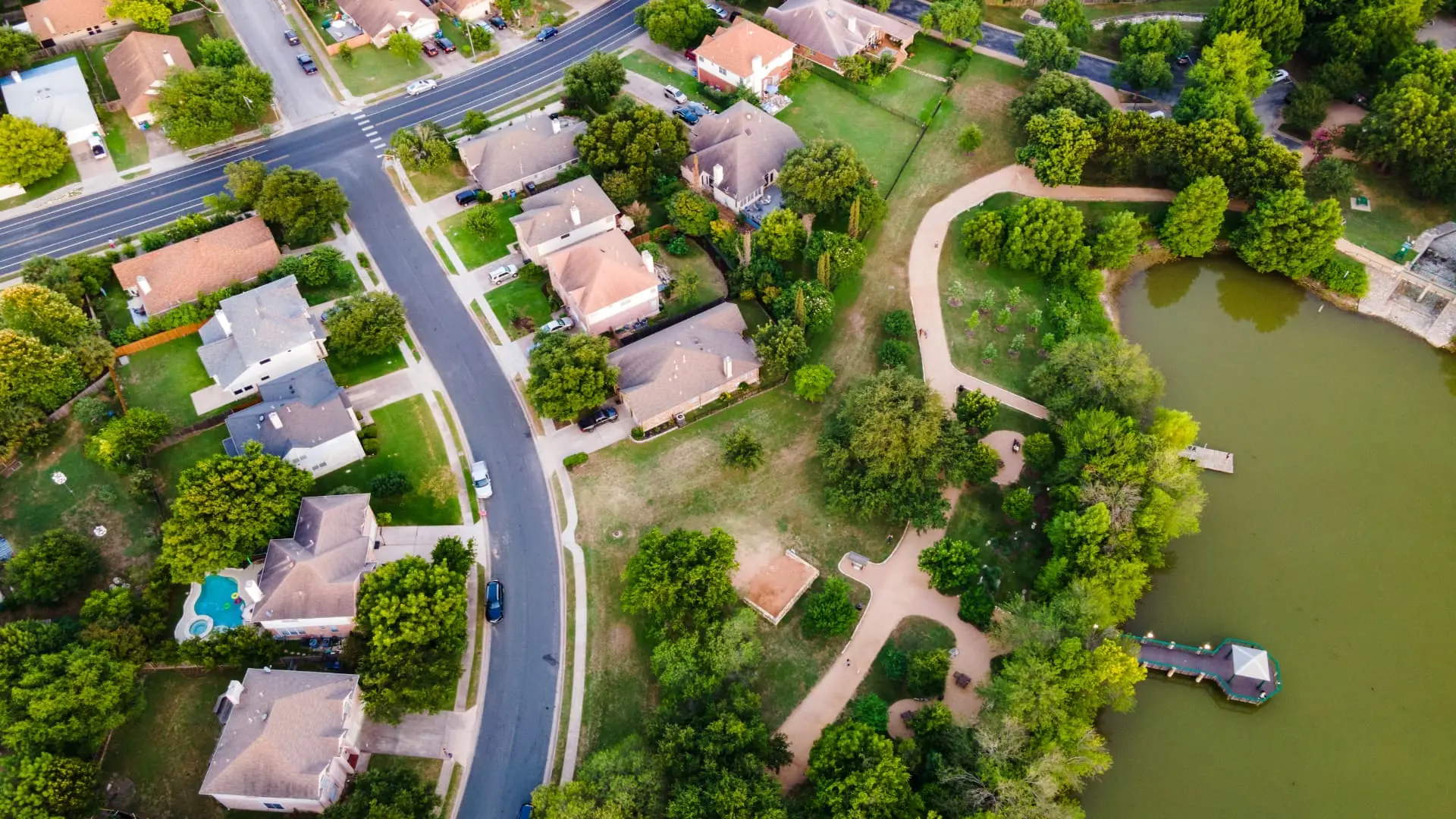This article is part of our Real Estate Articles collection and relates to our Real Estate Law services. It is provided for informational purposes only, does not constitute legal advice, and does not create an attorney-client relationship. Please review our Legal Disclaimer or schedule a complimentary consultation for guidance specific to your situation.
The Florida Homestead Exemption Laws are one of the most beneficial exemptions afforded to homeowners in the state.
An exemption reduces the assessed value of real property, which in turn reduces the amount of property tax owed on the subject property.
However, this exemption only applies to certain types of homeowners and requires the submission of specific proof when being applied for.
What is the Florida Homestead Exemption?
The Homestead Exemption in Florida is a legal protection that allows homeowners to reduce the taxable value of their real property by up to $50,000, which results in fewer taxes being paid.
The state of Florida affords a $25,000 exemption for the first $50,000 of a property’s assessed value if claimed by the owner of such property who uses it as a permanent residence.
Such an owner must also have owned the property on January 1 of the tax year for which the homestead exemption is applied.
This first $25,000 exemption applies to all applicable taxes including school district taxes.
However, an additional $25,000 will be applied for if the real property’s assessed value is between $50,000 and $75,000. This second $25,000 exemption does not apply to school district taxes.
In addition to this exemption, the Homestead Exemption in Florida also affords protection from creditors attaching or seizing an owner’s principal residence for unsecured debts.
Speak with Attorney Anila Rasul About Your Florida Real Estate Needs
Whether you’re starting a business, appointing a registered agent, or looking for help with LLC compliance, I’m here to help you get it right from the start. Schedule your consultation today. I look forward to speaking with you personally.
How does an owner qualify for the Florida Homestead Exemption?
To qualify for the Homestead Exemption in Florida, the applicant/owner must title to the subject real property and it must be their principal residence, as opposed to a part-time or investment property. It’s imperative to note that the Florida Homestead Exemption
The most common criteria to qualify for the Florida Homestead Exemption are as follows:
- Ownership – the owner must have legal or beneficial title to the property and reside in it for the majority of the year (more than 6 months each year).
- Residency – the owner seeking the Homestead Exemption in Florida must be a Florida resident as of January 1 of the tax year for which they seek the exemption.
- Application Deadline – each year, the deadline to file a Florida Homestead Exemption application is March 1. Although there are exceptions for late filing, they require specific requirements and possible penalties.
- Valuation Limitation–the exemption is limited to $25,000 of assessed value for non-school taxes and up to $50,000 of assessed value for school taxes.

What does an owner need to file for the Florida Homestead Exemption?
When filing for the Homestead Exemption in Florida, the applicant/owner must provide several documents, including:
- Proof of Ownership of the subject real property – this may include the deed or any other legal document that shows that the application is legally entitled to the property.
- Proof of Residency – the applicant/owner will need to provide identification such as a Florida driver’s license or voter’s registration card to prove that the property is in fact their principal residence. Non-citizens must provide appropriate immigration documents.
- Social Security Number – each applicant must show their tax identification number when applying for the Florida Homestead Exemption
- Completed Form Application – each applicant must submit the completed application, which can be found on the property appraiser’s website for the county in which the property is located. This application must be submitted by March 1st of the year the applicant is seeking the exemption.
When applying for the Florida Homestead Exemption the applicant/owner has three main options.
They may choose to e-file their application with the particular county in which the property is located, they may complete an online application and mail it to the county property appraiser’s office, or visit a property appraiser’s office in-person and submit the appropriate application.
Does a homeowner need to apply for the Florida Homestead Exemption each year?
Once granted, the homeowner does not need to apply each year for the Florida Homestead Exemption to apply to their principal residence.
The county automatically renews the Florida Homestead Exemption each year as long as the applicant/owner continues to qualify for the exemption.
Each county mails a Florida Homestead Exemption receipt after January 1 of each year to every homeowner to confirm the renewal and to request notification as to whether the exemption no longer applies.
An applicant/owner may cease to qualify for their Florida Homestead Exemption as a result of relocating from their permanent residence, renting the property for more than 30 calendar days within the year, or if there is a change in ownership due to marriage, divorce, death, etc.
If an applicant/owner fails to notify the county of any change that affects the exemption, a homestead tax lien along with penalties and interest may apply.
Is the Florida Homestead Exemption the same as the Florida homestead cap?
No. The homestead cap references a Florida law that imposes a limit on the amount the assessed value of real property may increase each year.
It is commonly referred to as the homestead Save Our Homes (SOH) cap and is limited to an increase of 3% for residential property and 10% for non-residential property.
If a property is transferred or sold, the cap and exemption may be removed and the property will be reassessed at the just market value at that time.

Are there any additional Florida Homestead Exemptions for age 65 and older?
Florida Statute 196.075 allows for an additional $50,000 homestead exemption for those 65 and older.
However, any such applications must show evidence of an adjusted gross income of $35,167 or less for all members of the household.
Alternatively, an applicant/owner who has resided in the property for over 25 years and is 65 years of age or older may obtain an exemption equal to the assessed value of the subject property in cases where the just value is less than $250,000.
Conclusions
While Florida’s Homestead Exemption laws provide significant security to millions of Florida homeowners, there are several requirements that an applicant must meet to qualify.
To determine how you may qualify for the Florida Homestead Exemption, be sure to seek counsel from your real estate attorney.
About the Author
Anila S. Rasul is the founding attorney of ASR Law Firm, where she helps Florida individuals and businesses protect what matters most. With over 15 years of legal experience, Anila specializes in estate planning, business formation, and asset protection.
She is dedicated to offering clear, actionable legal guidance and takes pride in building lasting relationships with her clients.
Explore Anila’s legal background or connect with her on LinkedIn.




